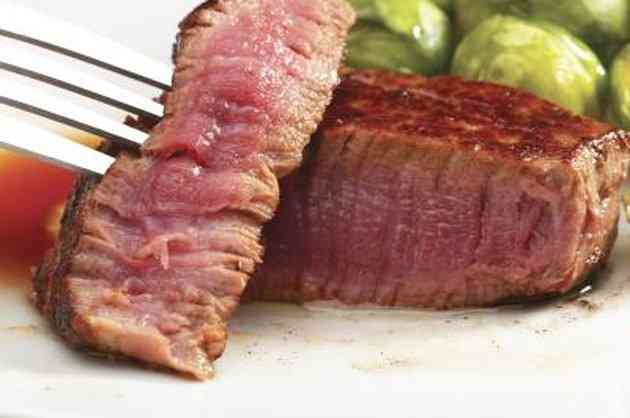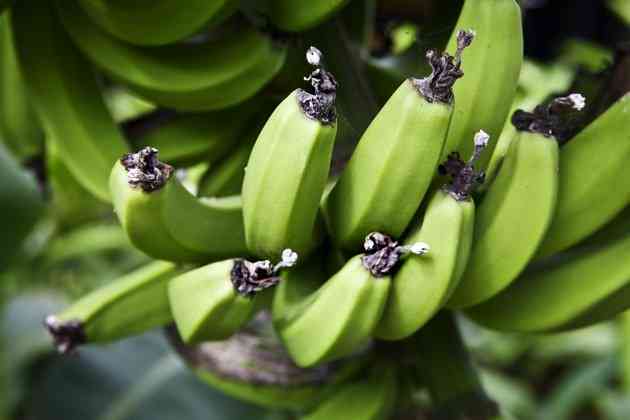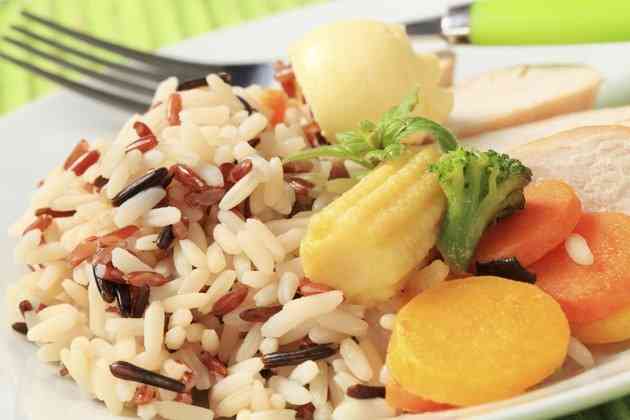Does Eating a Lot of Protein Cause Constipation?

Getting extra protein in your diet can help support a healthy, active lifestyle. Unfortunately, constipation is a frequent side effect of increased protein intake. Do not reduce your intake of high fiber fruits and vegetables simply because you are trying to get more protein. Vegetarian protein sources, like nuts, tofu and beans, are packed with both protein and fiber. Sometimes just drinking more fluids can help alleviate negative symptoms like constipation.

Protein Dehydration
According to Dr. Nancy Rodriguez, athletics dietitian at the University of Connecticut, increased fluid intake should go hand in hand with increased protein intake. Protein requires a lot of processing by your kidneys and liver. After protein is unfolded by gastric juices in your stomach, it gets broken into amino acids by pancreatic enzymes in your intestines. Free amino acids must then be processed by your liver, and the resulting byproducts are filtered into urine by your kidneys. Drinking extra water can help your body dilute and handle an increased protein load.
Protein With Fiber
Unfortunately, many high protein foods are lacking in an important nutrient for regularity, fiber. Animal proteins, in particular, tend to be void of fiber. Fiber promotes regularity by adding bulk to the stool and exercising intestinal muscles to push digested material through your system. Insoluble fiber stays intact through digestion, while soluble fiber mixes with fluid in the gastrointestinal tract. Beans and chickpeas are an excellent source of both lean protein and fiber. As with protein, drink plenty of fluid when eating more fiber to prevent constipation.
Constipation and Fluid Intake
Constipation is generally defined as hard stools that are difficult to pass. Because protein can increase your fluid needs, put some extra effort into avoiding dehydration that can lead You also get fluid from other drinks, soups, and fruits and vegetables with a high water content. Make a habit of bringing a water bottle along in the car or drinking a full glass of water after each meal to be sure you are meeting your needs. Adequate fiber and fluids are your best preventative measures against constipation.
Tips and Tricks
The recommended daily allowance for protein is 0.8 grams per kilogram of body weight. If you are consuming more than this amount, take precautions to avoid constipation. Eat lots of fiber from fruits, vegetables and beans. Get in the habit of mixing some fiber powder in with your protein shakes. Increase your water intake to help your body handle the extra protein and to keep constipation at bay. If you go more than two or three days without a bowel movement, talk to your doctor about laxatives for temporary relief. Discuss high-protein diets with your health care provider before adopting dramatic changes.




